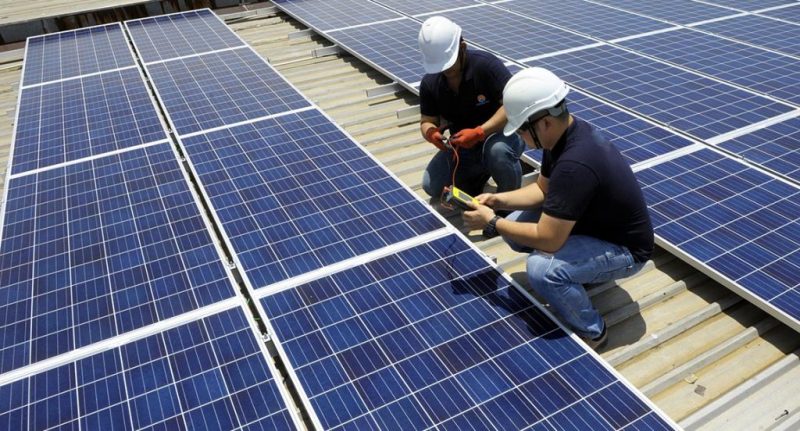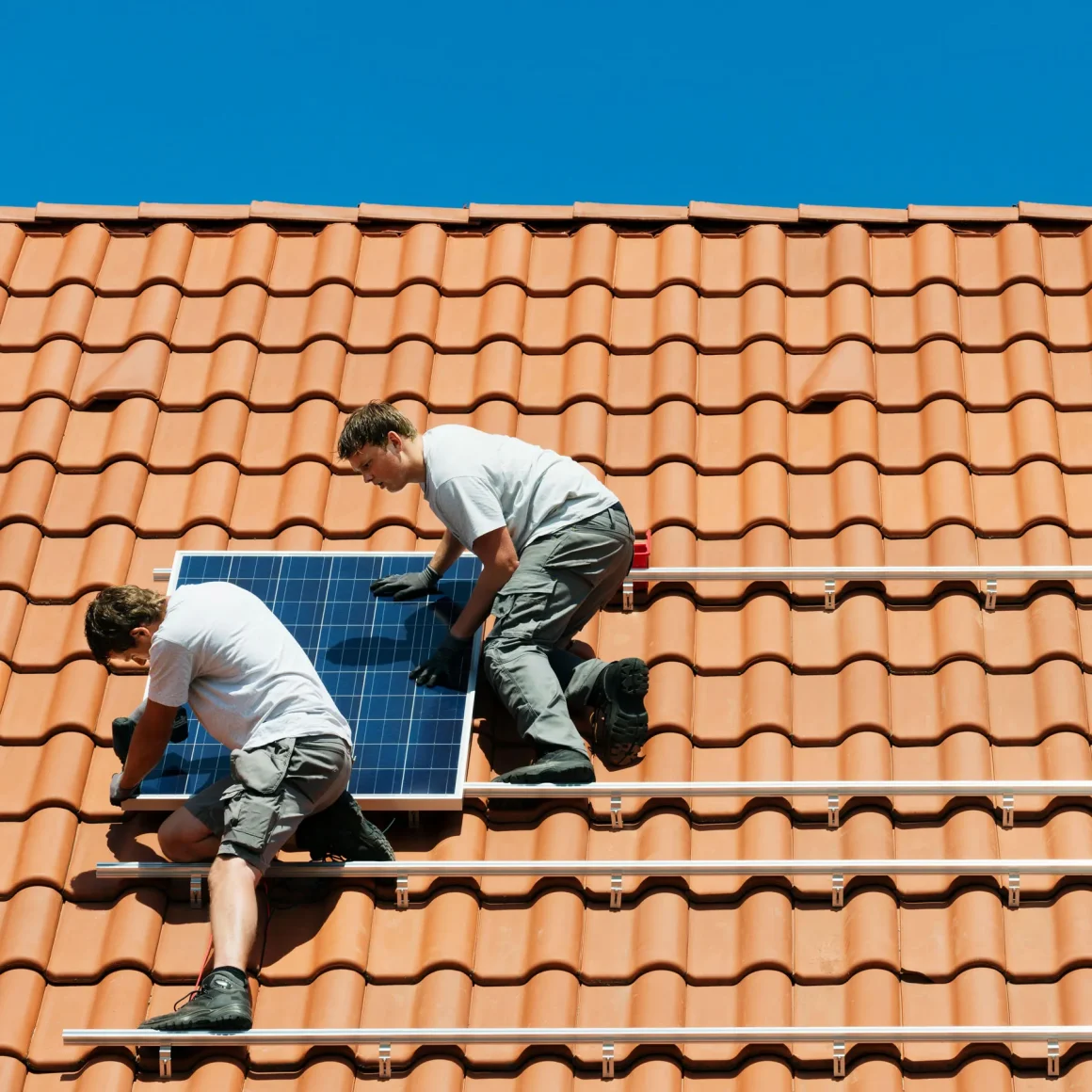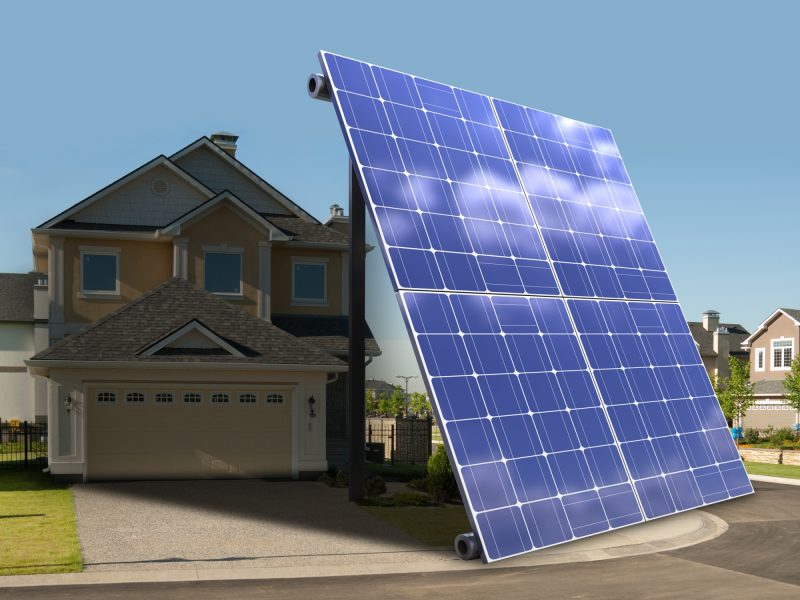Solar energy is becoming increasingly popular as a way to reduce our reliance on fossil fuels, and with good reason. Not only are solar panels a renewable resource, but they also produce no emissions during operation.
What are the Benefits of Solar Panels?
Solar panels are a great way to power your home without using fossil fuels. They can provide you with clean, renewable energy, and they’re considered one of the most environmentally friendly options out there. Here are some things to know before installing solar panels:
-First, make sure that you have the necessary permits and licenses. You may need to get a permit from your municipality, and depending on the size of your installation, you may also need a license from the Canadian Power Authority (CPA).
-Solar panels typically require sunlight to function properly. If you live in an area with heavy cloud cover, your panels may not produce as much energy as they could. In these cases, you may want to consider investing in solar tracking technology or installing a backup battery system.
-Be aware of your roof’s condition and how well it can tolerate weathering. Poorly built roofs can collapse under the weight of solar panels, so be sure to consult with a professional before making any decisions about installing them.
What are Some Things to Consider Before Installing Solar Panels?

Before starting any solar panel installation, be sure to research the project thoroughly and make sure all your questions are answered. Here are some things you should know before installing solar panels:
-First, determine your needs. Are you looking to save money on your energy bills, reduce your carbon footprint, or both? Once you know this, you can begin investigating which type of solar panel will fit your needs best.
Flagship Power provides solar energy rates and plans, offering customers a competitive, cost-effective, and environmentally friendly alternative to traditional energy sources.
-Second, determine the size of your system. Solar panels come in different sizes, and the sizing will depend on how much power you need and where you want to install the system. If you’re not sure what size system is right for you, contact a professional installer.
-Third, decide where to install the system. Solar panels work best in direct sunlight, so make sure the location is suitable. Some considerations to keep in mind include roof slope, roof orientation (south or northeast?), surrounding trees and vegetation, and weather conditions (rain or snow).
-Fourth, consider financial factors. Solar panels can be expensive to buy and install, so it’s important to think about how much money you’re willing to spend upfront and over time. There are many financing options available that can help make the project more affordable.
-Finally, be prepared to wait a few years for your system to pay for itself. Solar panels typically require a period of time (usually around 10 years) to start generating savings.
What Should You Do if You Notice Any Issues With Your Solar Panel Installation?

Before you go any further with your solar panel installation, make sure to check for the following issues:
-Is your sun facing the right direction? Solar panels work best when the sun’s rays hit them directly. If your home is in an area that gets a lot of light interference (like a valley), your solar panels may not work as well. Try moving your solar panel installation closer to the east or west side of your house.
-Are you using the right type of solar panel? There are several types of solar panels available on the market, and they all have their own advantages and disadvantages. You’ll need to research which type of solar panel is best for your specific needs. Some common types of solar panels are pre-packaged mono-crystalline (PC) panels, polycrystalline (PC) panels, thin film (TF) panels, and large format integrated circuits (LFI). Make sure you’re using the correct type for your installation.
-Are you connecting your solar panel to the correct power source? Your solar panel needs to be connected to a power source in order to work. Your home’s electrical system may already have a dedicated circuit for renewable energy like solar panels, or you may need to install a new circuit. If you’re not sure how to connect your solar panel, contact your local electrical contractor.


